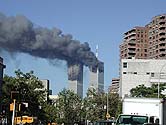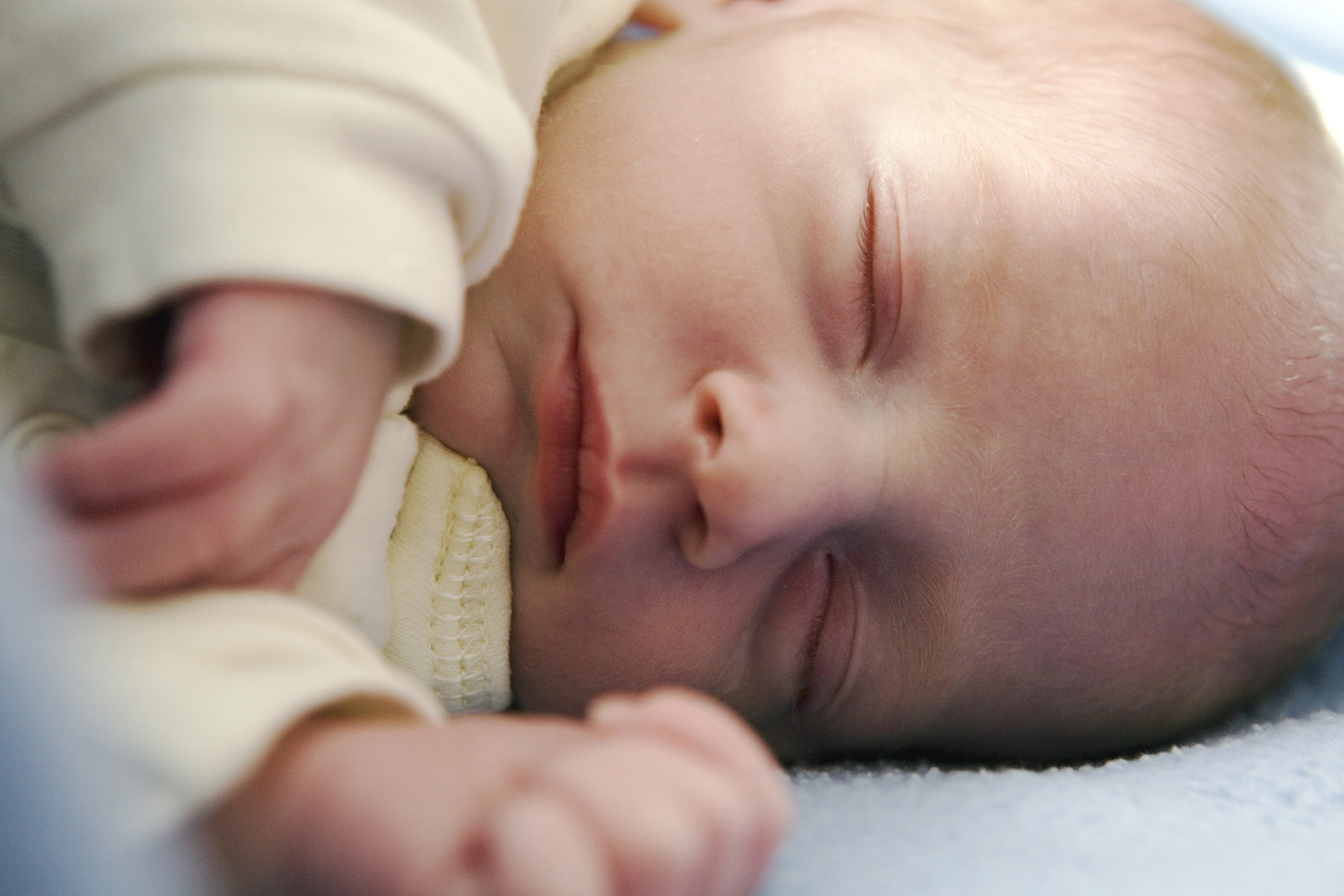
MONDAY, May 24 (HealthDay News) — In the months that followed the 9/11 attacks on the Trade Towers in New York City, pregnant women across the United States lost far more male fetuses than usual and fewer boys were born, researchers report.
In fact, 14 percent more male fetuses were lost in September 2001 than in any other month in the entire six-year study period.
The authors of the new study, appearing online May 24 in the journal BMC Public Health, hypothesize that this may be due to the phenomenon of “communal bereavement,” in which many members of a society grieve together, even if they did not know the actual victims of a disaster.
Stressful times in a society typically lead to a decline in the number of males born, but it hasn’t been clear if this was due to fewer males conceived or more male fetuses lost to miscarriage.
“We have a lot of reports that say the sex ratio of live births [i.e. the odds of a male birth] declines following population stressors, but very little work that has tried to tease out which of many mechanisms could be responsible,” said study author Tim Bruckner, an assistant professor of public health/planning, policy and design at the University of California, Irvine.
The authors looked at data on fetal deaths between January 1996 and December 2002 in all 50 states, data that is gathered as part of the National Vital Statistics System.
The authors postulated that male fetuses may react more strongly than female fetuses to stress hormones created by the mother. This sensitivity, in turn, may play a part in natural selection, although this is far from proven.
“If you have a stressful environment, the variability in male reproductive fitness is very high as compared to females. Brad Pitt, as the alpha male, may be more likely to produce offspring than someone who is not the alpha male,” Bruckner explained.
Pointing to a parallel in the animal kingdom, Bruckner noted that the red deer in Finland have been studied in this context. “If you have a cold winter with very resources [and] not much food, we observe fewer males born in the subsequent year,” he said. “The idea is if you had carried those males to term, they would have been born into a resource-poor environment, so the likelihood of being the deer equivalent of Brad Pitt would be less.”
Those deer born into this world with less food would be less likely to be able to compete successfully with males born in other years to be the alpha male. “If faced with an environment that has limited resources, you’ll have a lower likelihood of yielding that alpha male because you won’t have good nutrition or care from the mother,” he said.
According to this theory, it makes more sense for the mother to conserve her own resources and to produce more females, which can mate with stronger existing or future alpha males.
“There’s a huge argument as to whether or not natural selection is still relevant [to humans] in modern societies,” Bruckner said. “We have contraception, we have fertility control, we have smart fertile women deciding not to have kids for great reasons. We obviously need to test the theory more in contemporary societies.”
There are other public health implications as well, said an expert.
“Anxiety and stress during pregnancy can result in neurobehavioral and developmental problems in children,” said Thomas O’Connor, professor of psychiatry at the University of Rochester Medical Center. “One needn’t think about something as severe as 9/11 to worry about stress and pregnancy as a public health issue.”
More information
The World Trade Center Health Registry has more on the health consequences of 9/11.

